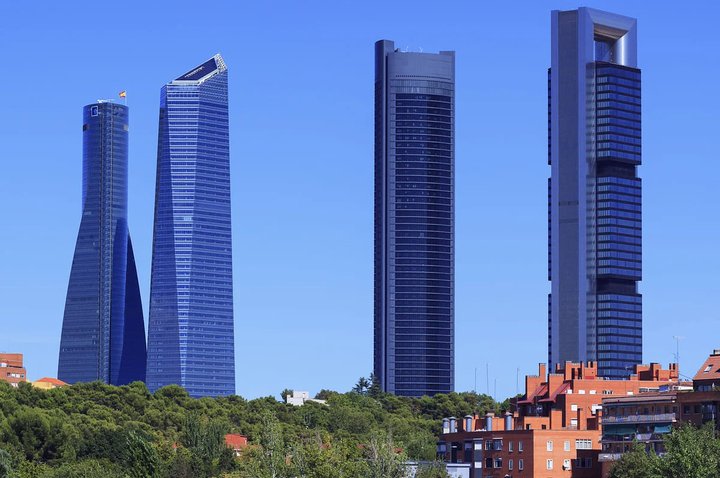Madrid is jumping on the flex sector boat floating in Europe. Flex space accounted for 4% of total office market take-up in Europe in the first half of the year, according to data from Savills and Workthere in its European Flex Offices report. The busiest markets included the City of London with 13%, Prague with 8%, Amsterdam with 6%, Madrid with 5% and Warsaw with 4%.
Based on Savills' estimates, the growth of flexible office operators is expected to continue as their occupancy levels approach 85% and by 2024 will account for between 5-8% of take-up in Europe.
The report indicates that the flexible office sector is showing signs of recovery in Europe. Companies are looking at operating costs and seeking workspaces that meet ESG criteria and offer a variety of services.
Presence of flex space in a building can positively influence the leasing of traditional space
David García de Jaén, country director for Savills Flex in Spain, mentions that demand for flexible space has been increasing and occupancy levels are consistent with other European markets.
The study also highlights emerging trends in flex space expansion models, such as the preference for management contracts over leases in secondary cities and the incorporation of flex into buildings by landlords. It was noted that the presence of flex space in a building can positively influence the leasing of traditional space.
It is anticipated that, due to steady demand and high occupancy levels, prices for coworking and flexible workspace positions could increase over the next twelve months in Europe.




